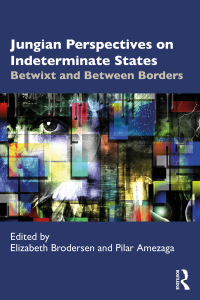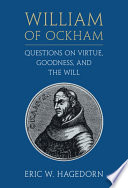Buy Jungian Perspectives on Indeterminate States: Betwixt and Between Borders 1st Edition PDF ebook by author Elizabeth Brodersen; Pilar Amezaga – published by Routledge in 2021 and save up to 80% compared to the print version of this textbook. With PDF version of this textbook, not only save you money, you can also highlight, add text, underline add post-it notes, bookmarks to pages, instantly search for the major terms or chapter titles, etc.
You can search our site for other versions of the Jungian Perspectives on Indeterminate States: Betwixt and Between Borders 1st Edition PDF ebook. You can also search for others PDF ebooks from publisher Routledge, as well as from your favorite authors. We have thousands of online textbooks and course materials (mostly in PDF) that you can download immediately after purchase.
Note: e-textBooks do not come with access codes, CDs/DVDs, workbooks, and other supplemental items.
eBook Details:
Full title: Jungian Perspectives on Indeterminate States: Betwixt and Between Borders 1st Edition
Edition: 1st
Copyright year: 2021
Publisher: Routledge
Author: Elizabeth Brodersen; Pilar Amezaga
ISBN: 9780429323072
Format: PDF
Description of Jungian Perspectives on Indeterminate States: Betwixt and Between Borders 1st Edition:
“In Jungian Perspectives on Indeterminate States: Betwixt and Between Borders, Elizabeth Brodersen and Pilar Amezaga bring together leading international contributors to analyze and interpret the psychological impact of contemporary border crossing – both literally and figuratively. Each chapter included assesses key themes, such as migration, culture, gender and identity formation, through a Jungian lens. All the contributors sensitively explore how creative forms can help mitigate the trauma experienced when one is forced to leave safety and enter unknown territory, and examines the specific role of indeterminacy, liminality and symbols as transformers at the border between culture, race and gender. The book asks whether we are able to hold these indeterminate states as creative liminal manifestations pointing to new forms, integrate the shadow ‘other’ as potential, and allow sufficient cross-border migration and fertilization as permissible. It makes clear that societal conflict represents a struggle for recognition and identity and elucidates the negative experiences of authoritarian structures attached to disrespect and misrecognitions. This interdisciplinary collection will offer key insight for Jungian analysts in practice and in training, psychotherapists, anthropologists, political and cultural theorists, and postgraduate researchers in psychosocial studies. It will also be of great interest to readers interested in migration, sexuality, gender, race and ethnicity studies”–





